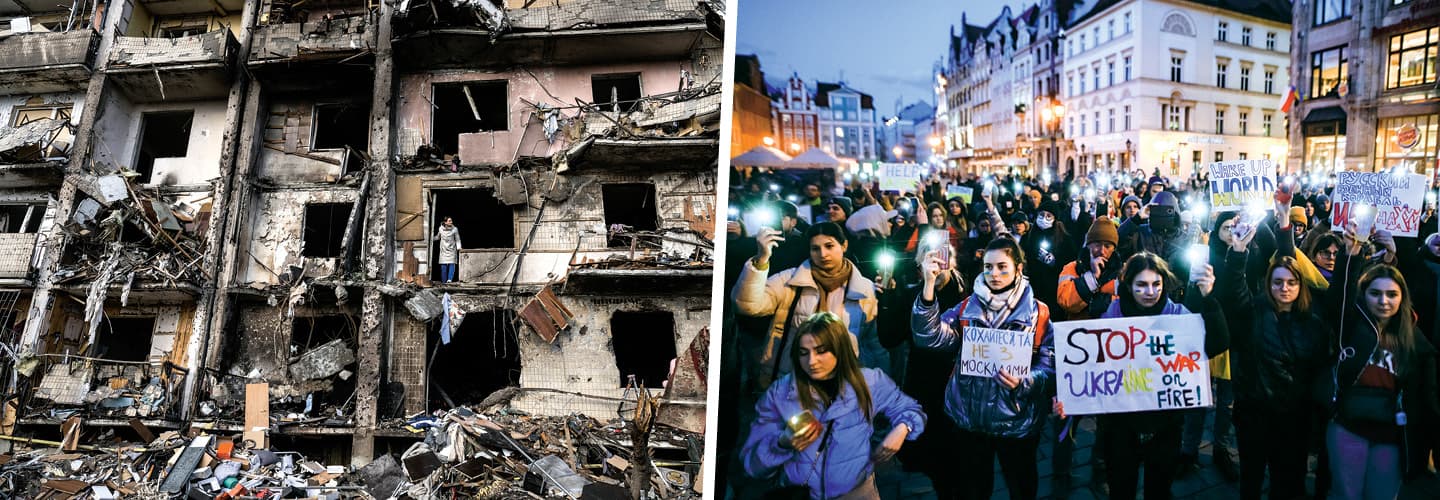Until a couple of months ago, 21-year-old Hlib Bondarenko was working in Ukraine as a computer programmer. But when Russian forces invaded his country on February 24, his world changed overnight. Like hundreds of thousands of other Ukrainians, Bondarenko joined the military to help defend his country.
“I don’t really have any choice because this is my home,” he explained as he waited in line for a weapon with other volunteers eager to defend Ukraine’s capital, Kyiv.
Until a couple of months ago, 21-year-old Hlib Bondarenko was working in Ukraine as a computer programmer. But then Russian forces invaded his country on February 24. As a result, his world changed overnight. Like hundreds of thousands of other Ukrainians, Bondarenko joined the military to help defend his country.
“I don’t really have any choice because this is my home,” he explained as he waited in line for a weapon with other volunteers eager to defend Ukraine’s capital, Kyiv.

